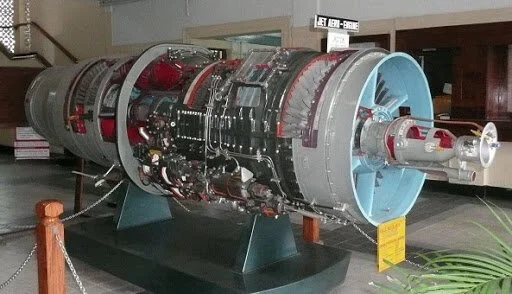About Professor S Mahalingam
Professor Mahalingam was born in Alaveddy, Jaffna on 16 January 1926, and at a very young age moved to Malaya (present day Malaysia) with his parents. He had his primary and secondary education at Maxwell College and later at Victoria College of Kuala Lampur, Malaya. In 1946, he returned to Sri Lanka for his university education and joined Ceylon Technical College, Colombo, where he obtained a B.Sc. Eng. First class honours degree in Civil Engineering from the University of London as an external candidate in 1950.
In 1952, Professor Mahalingam joined the newly established Faculty of Engineering, University of Ceylon as an Assistant Lecturer. Here, the late Professor E. O. E. Pereira, who was then the Dean, persuaded him to switch over to Mechanical Engineering. He then proceeded to the University of Sheffield for his PhD, specialising in torsional vibration and graduating with his doctorate degree in engineering in 1956.
He continued his research work in the UK for a few more years, before returning to Sri Lanka to continue as Professor of Mechanical Engineering at the Faculty of Engineering, Colombo in 1970. He published extensively, in reputed refereed journals, on topics related to his field of expertise. In recognition of his contribution to the field of engineering, he was awarded the accolade Doctor of Science in Engineering (DSc Eng) by the University of London – the first Sri Lankan Engineer to receive this prestigious award.
Professor Mahalingam continued his research in the field of mechanical engineering for several decades. While serving as a lecturer he continued his research work on mechanical vibrations and published many papers. Among his many research publications ‘Forced Vibration of Systems with Nonlinear, Non-symmetrical Characteristics (Journal of Applied Mechanics, 1957)’ and ‘An Improvement of the Holzer Method (ASME, 1958)’ were considered ground breaking.
One of Professor Mahalingam’s important achievements was the resolution of torsional vibration problems of the Rolls Royce MK 101 turbo-jet engines that powered the Avro Vulcan Royal Airforce (RAF) aircraft. This finding was so significant to Avro aircraft manufacturing company (and to the RAF) that he rewarded a token of appreciation for his contribution to the development of the engine.
The aircraft company would have expected Prof. Mahalingam to request something like a top of the range Rolls Royce car or similar; instead, he asked that one of the three jet engines he had seen in one of the factories be gifted to University of Peradeniya , in lieu of the award. Indeed, the sectioned Rolls Royce MK II turbo jet engine still stands at the entrance foyer of the Faculty of Engineering, so that the students of the Faculty of Engineering can use it to study and understand the interior mechanics of a turbo-jet engine.
Professor Mahalingam retired in 1991 after continuously serving the Faculty of Engineering for over 40 years, and continued to be involved with Peradeniya Engineering Faculty.
In 2004 Professor Mahalingam was made an Honorary Life Fellow of the Institution of Engineers Sri Lanka (IESL). In appreciation of his long, dedicated and outstanding service to the Faculty of Engineering and the University, the University of Peradeniya conferred him the title of Professor Emeritus, and in 2007, the Peradeniya Engineering Faculty Alumni Association (PEFAA) felicitated him.
Professor Mahalingam passed away in Alaveddy, Jaffna in 2015, at the age of 89. He was the last of the pioneering academics that launched the first Faculty of Engineering in Sri Lanka.


